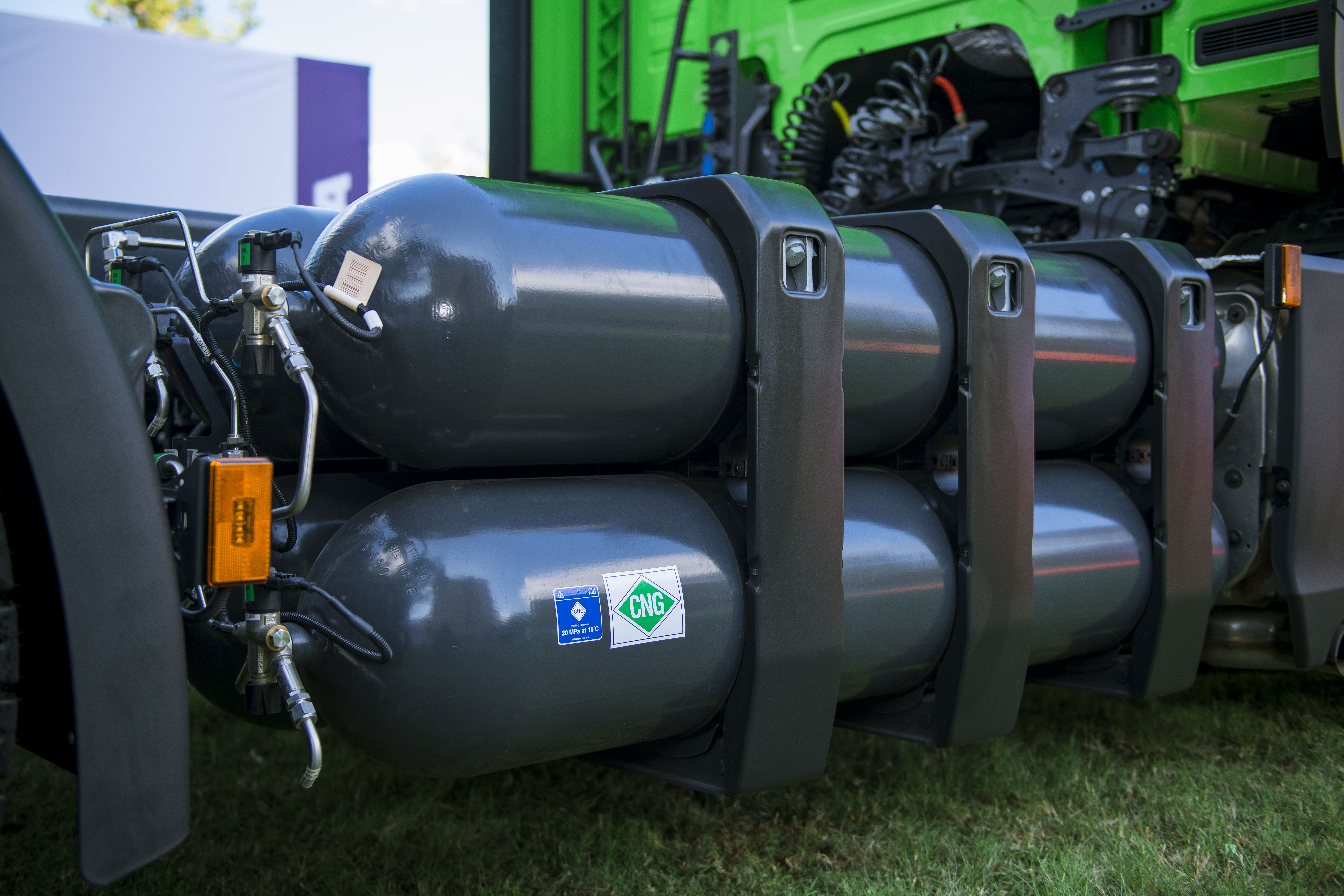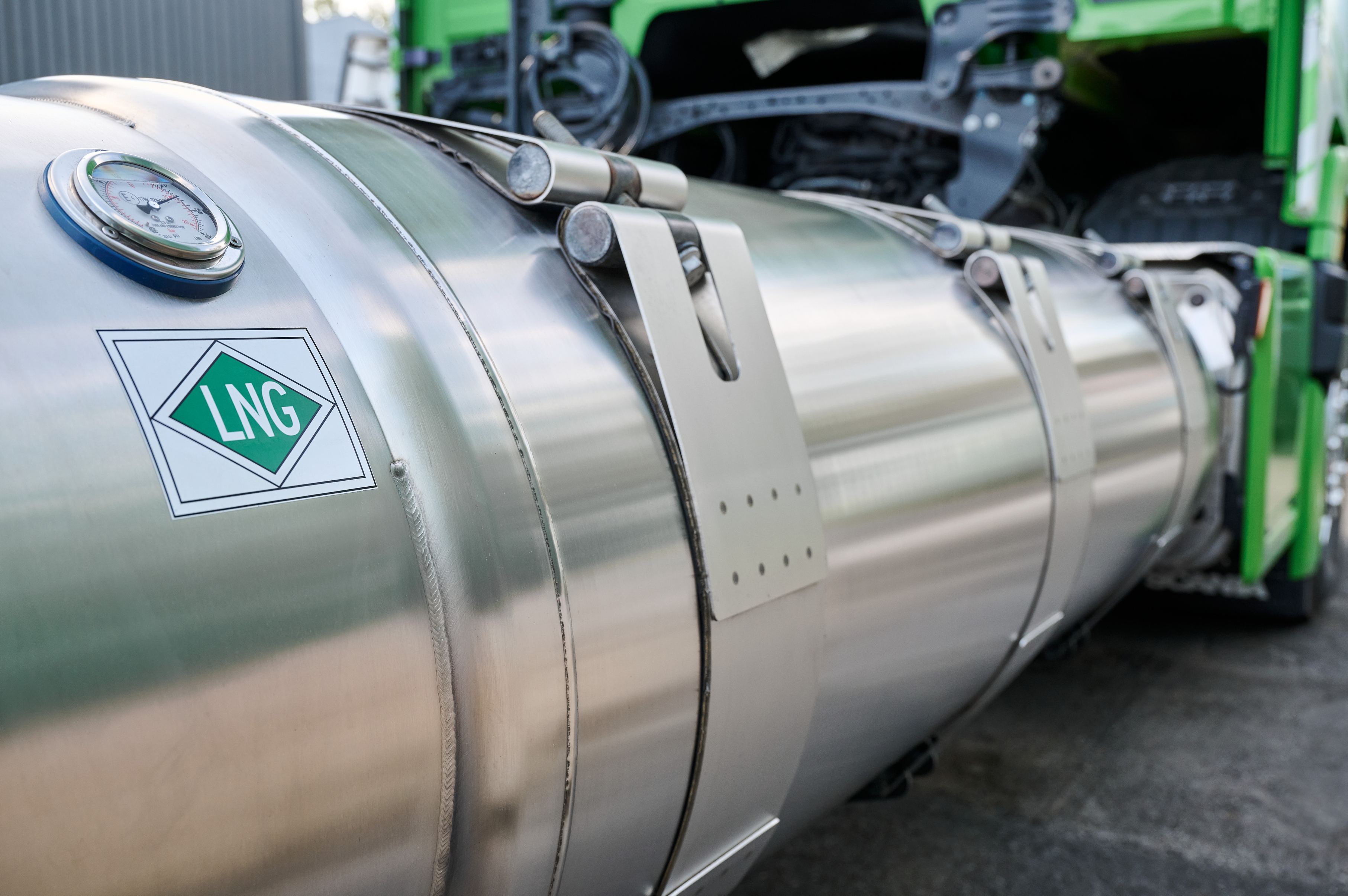Beyond Diesel: The Role of Renewable Fuels in Sustainable Transport
09 APRIL 2025
For decades, diesel has been the backbone of transport in East Africa. It has powered trucks, buses, and industrial fleets across the region, keeping goods and people moving. But as fuel costs fluctuate and environmental concerns grow, the question arises: is diesel still the best option for the future?
The good news is that renewable fuels are no longer a distant concept—they are here and available today. Options like biodiesel, biogas, and compressed natural gas (CNG) are emerging as practical solutions for businesses and transport operators looking to reduce emissions, reduce operational costs, and improve efficiency. But how do these fuels compare, and what role do they play in making transport more sustainable?
The Shift Towards Renewable Fuels
Globally, the transport industry is undergoing a transformation. Governments, businesses, and fleet operators are increasingly looking at ways to reduce emissions, cut operating costs, and future-proof their transport systems and operations. In East Africa, where logistics and transport are central to economic growth, the shift towards renewable fuels is becoming a critical conversation.
There are several reasons behind this movement:
- Rising fuel costs: Diesel prices have been unpredictable, making operational costs harder to manage.
- Environmental concerns: Transport is a major contributor to air pollution and carbon emissions, particularly in urban areas.
- Stricter regulations: Countries around the world are adopting policies that encourage the use of cleaner fuels. While East Africa is still in the early stages, there is growing momentum towards low-emission transport solutions.
Renewable fuels provide a way to address these challenges without requiring a complete overhaul of fuelling and maintenance infrastructure. While vehicles need to be designed for specific fuels, the existing network of service stations and workshops can be adapted to support the transition. Let’s explore the leading options available today.
Biodiesel: A Practical First Step
Biodiesel is one of the easier renewable fuels to transition to for diesel-powered fleets. It is made from vegetable oils, animal fats, or recycled cooking oil, offering a renewable and lower-emission alternative to traditional diesel. While its availability depends on fuel marketers introducing it into the market, it provides a practical option for reducing emissions without major changes to existing fleet operations.
Why Biodiesel?
- Lower emissions – Compared to fossil diesel, biodiesel significantly reduces carbon dioxide (CO₂), particulate matter (PM), and nitrogen oxides (NOx).
- Energy security and diversification – Biodiesel provides an opportunity to reduce reliance on imported fossil fuels by utilising locally sourced raw materials, making fuel supply chains more stable and sustainable.
- Locally sourced potential – Biodiesel production can create new opportunities for local industries, from agriculture to waste management.
Challenges to Consider: While biodiesel is a great starting point, fuel quality and availability remain key considerations. Ensuring consistent supply chains and maintaining engine performance with higher blends are aspects that fleet operators need to factor in.
Biogas: Turning Waste into Energy
Biogas is another promising renewable fuel, produced from organic waste such as agricultural residues, food waste, and sewage. The process involves capturing methane—a potent greenhouse gas—and using it as fuel.
Why Biogas?
- Significant emissions reduction – Biogas vehicles can cut CO₂ emissions by up to 90%, making it one of the cleanest fuel options available.
- Circular economy benefits – Instead of waste going to landfills, biogas production creates a closed-loop system where waste is converted into energy.
- Lower operating costs – Compared to diesel, biogas can offer long-term cost savings due to lower fuel expenses and tax incentives in some markets.
Challenges to Consider: The biggest challenge with biogas is infrastructure. For widespread adoption, fuel production facilities and refuelling stations need to be developed, which requires investment and policy support.
Compressed Natural Gas (CNG): A Low-Emission Alternative
CNG is already being used in several regions worldwide, including Tanzania, as a cleaner-burning alternative to diesel. It is derived from natural gas and can reduce emissions by up to 20% compared to conventional diesel. As interest in lower-emission transport grows, investments in CNG infrastructure and refuelling networks continue to expand, making it a viable option for sustainable transport.
Why CNG?
- Lower emissions than diesel – CNG engines produce fewer pollutants and reduce reliance on fossil-based diesel.
- Cost efficiency – In some markets, CNG is cheaper per kilometre than diesel, offering financial savings in the long run.
- Growing infrastructure – While still in the early stages, there is increasing interest in CNG refuelling networks.
Challenges to Consider: Like biogas, CNG adoption depends on infrastructure expansion. Fleet operators looking to switch would need access to refuelling stations, which are currently limited in some areas.
Our Approach to Renewable Fuels
At Scania, we believe that decarbonising transport requires a mix of solutions. There is no one-size-fits-all approach, and fleet operators must adopt the fuel that best suits their operations. That’s why we provide a broad range of vehicles that run on renewable fuels such as biodiesel, biogas, HVO (Hydrotreated Vegetable Oil) and CNG, allowing our customers to choose the right solution for their needs.
What We’re Doing in East Africa
- Supporting low-emission vehicle adoption – Our latest Euro 5 trucks, running on biodiesel, are already in operation with DHL Supply Chain East Africa, where 25 of these trucks are reducing emissions while maintaining efficiency. This partnership demonstrates how biodiesel can be integrated into fleet operations today.
- Advancing biogas-powered transport – We are actively exploring opportunities for biogas infrastructure development, partnering with stakeholders to accelerate its adoption. Investments in cleaner energy sources like biogas and CNG are crucial in creating a sustainable transport ecosystem. In Tanzania, Coca-Cola Kwanza Ltd has already introduced Scania CNG trucks in their fleet, showcasing how businesses can begin their decarbonisation journey with available alternative fuel solutions.
- Bridging the transition to electrification – While electric mobility is still in its early stages in the region, renewable fuels are an essential step towards long-term electrification.
What’s Next for Renewable Fuels in East Africa?
As renewable fuels gain traction, there is growing interest from fleet operators, policymakers, and industry leaders in scaling up sustainable transport solutions.
For this transition to succeed, three key factors need to be addressed:
- Infrastructure investment – More biodiesel supply points, biogas plants, and CNG refuelling stations will be essential.
- Policy and incentives – Governments can support adoption by offering tax incentives, subsidies, and regulatory support.
- Industry collaboration – Partnerships between transport operators, fuel producers, and vehicle manufacturers will drive progress faster.
The transition away from diesel will not happen overnight, but the steps being taken today are laying the foundation for a cleaner, more efficient transport system in East Africa.
Would you like to explore how renewable fuels could work for your business? Let's start the conversation.

